A Weed Is Just a Weed, Or Is It - Weeds That Are Herbs
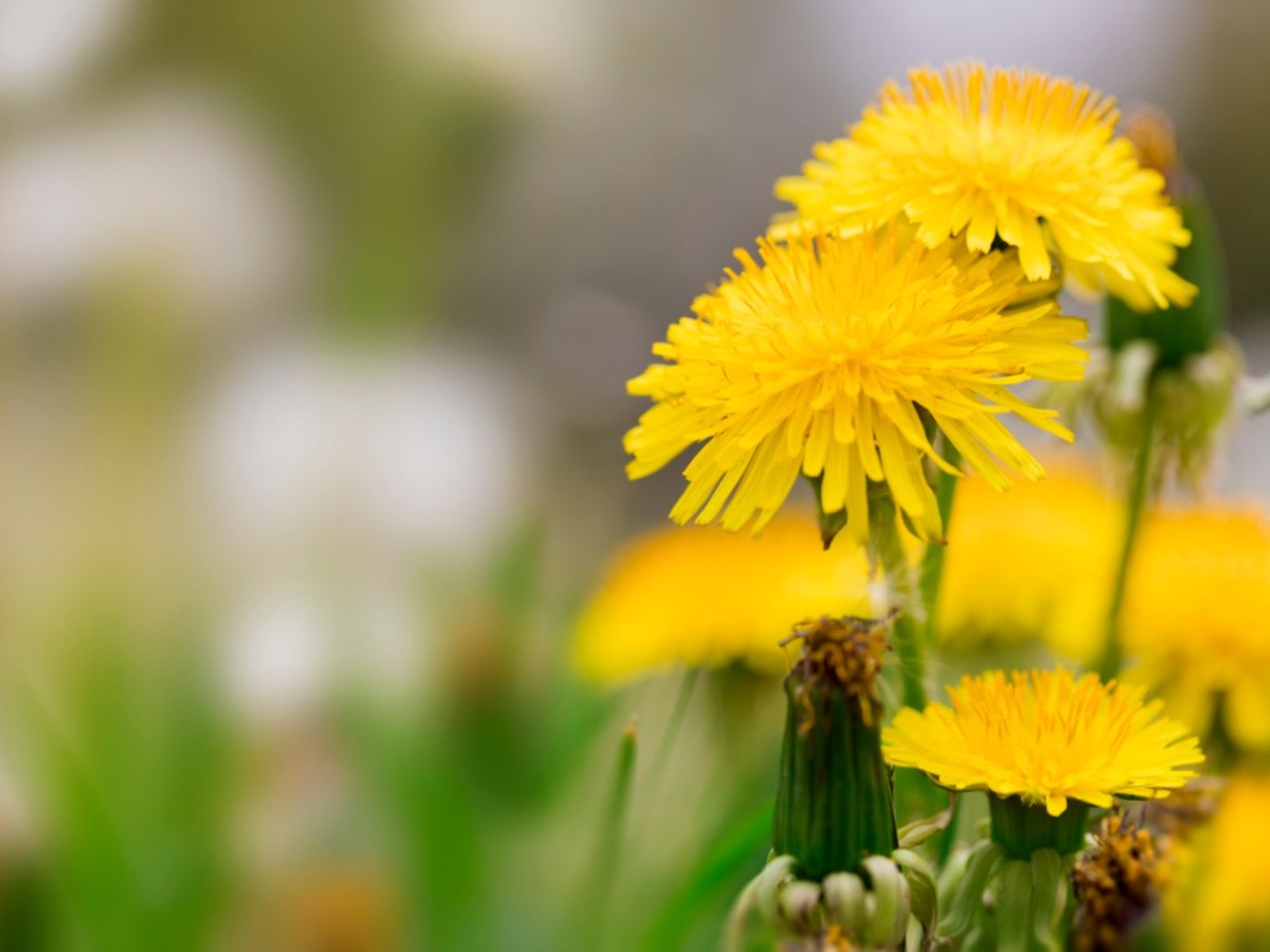

Weeds are adapted to conditions in the area where they grow. Many weeds appear to spring up wherever the soil is cultivated. Some are simply the result of the conditions of your landscape. While most people consider a weed to be nothing more than a nuisance, some of the most common garden weeds are actually beneficial herbs.
Common Weeds Used as Beneficial Herbs
There are a number of weeds used as beneficial herbs. Some of the most common ones include the following:
- Goldenrod - The commonly grown goldenrod is a natural occurring "weed" that has been used as an herb across the globe. Its genus name, Soledago, means "to make whole." It was once used by Native Americans to cure respiratory problems. The plant has also been used for healing wounds, diabetes, and tuberculosis. The leaves of goldenrod can be dried out and made into a calming tea to treat stress and depression.
- Dandelion - Dandelions are another of the weeds used as beneficial herbs. Its name comes from the French "dents de lion" meaning "teeth of lion." You may also know it by puffball as it turns into a white puffball when it goes to seed. While many people think of them as annoying weeds, dandelions are actually a rich source of vitamins A, B complex, C, and D as well as minerals such as iron, potassium, and zinc. The edible herb has been used to help stimulate digestion, cure warts, and relieve symptoms associated with the common cold and PMS.
- Plantain - You can't get any more common than plantain grass. This noxious weed can quickly fill the lawn. Plantain was commonly referred to as "Whiteman's Foot" by Native Americans, as it was thought to spring up wherever the white men went. It is said to have astringent properties, reducing inflammation of the skin, and as a result has been used to treat minor skin irritations such as stings, bites, burns, and cuts.
- Wild Garlic - Another weed popping up relentlessly in the lawn is wild garlic. This little herb is often confused with the wild onion; nonetheless, many people despise the plant. However, its juice can be used as a moth repellent, and the entire plant is said to repel insects and moles.
- Wild Strawberry - The wild strawberry often gets a bad rap because of its quick-spreading abilities, too. However, not only is the plant edible, but it has many medicinal properties as well. Among them includes the use as an anticoagulant, antiseptic, and fever reducer. The fresh leaves can also be crushed and applied to the skin as a treatment for boils, burns, ringworm, and insect bites.
- Chickweed - Chickweed is probably one of the most common weeds worldwide. However, this quick-spreading groundcover is actually quite tasty in salads and soups or when used as a garnish. This so-called weed is also a good source of vitamins A, B, and C, calcium, and potassium.
- Feverfew - Feverfew is a weedy perennial of the daisy family, commonly popping up wherever the ground has been cultivated. The entire plant has medicinal uses such as for the relief of migraine headaches and arthritis.
- Yarrow - Yarrow, or devil's nettle, may be difficult to control in the lawn or garden, but its fragrant, feathery foliage adds a peppery flavor to salads. The plant's oil is also said to be an effective insect repellant when the leaves are crushed and was believed to be used to slow the bleeding of wounds.
- Mullein - Mullein is another plant commonly deemed as a weed in the lawn or garden. Nonetheless, mullein has been proven effective against respiratory diseases, coughs, sore throats, hemorrhoids, and diarrhea.
Not only do some of the most common lawn and garden weeds exhibit edible or medicinal properties, but many of them produce lovely flowers as well. So, before you pluck that weed from the garden, give it another good look. You may be surprised to learn that your so-called weed requires a space in the herb garden instead.
Gardening tips, videos, info and more delivered right to your inbox!
Sign up for the Gardening Know How newsletter today and receive a free copy of our e-book "How to Grow Delicious Tomatoes".

Nikki Tilley has been gardening for nearly three decades. The former Senior Editor and Archivist of Gardening Know How, Nikki has also authored six gardening books.
-
 Looking For Plants To Give You The Soft And Fuzzies? Try These 5 Fuzzy Leaf Plant Options
Looking For Plants To Give You The Soft And Fuzzies? Try These 5 Fuzzy Leaf Plant OptionsLovers of texture, drama, silver foliage and tactile plants will adore these special sensory garden additions. These fuzzy leaf plant options will leave you all aglow
By Susan Albert
-
 Get Ready For A Summer Of Hummers! Grow These Full Sun Hummingbird Plants and Flowers
Get Ready For A Summer Of Hummers! Grow These Full Sun Hummingbird Plants and FlowersIf you’re lucky enough to enjoy a sunny backyard, make sure you are maxing out on your pollinator opportunities and grow these full sun hummingbird plants and flowers
By Tonya Barnett
-
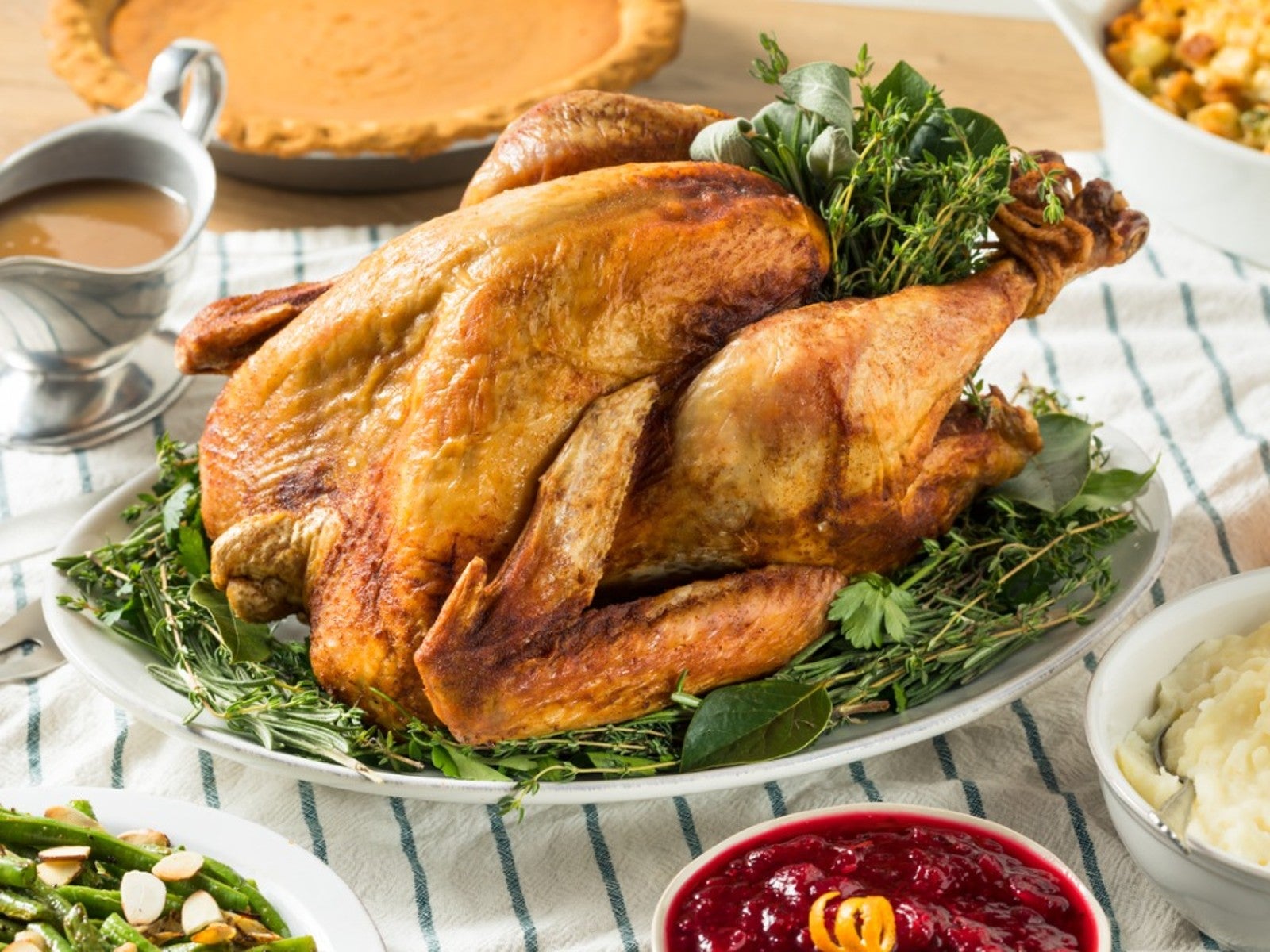 Grow Tasty Herbs For Roast Turkey In Your Garden
Grow Tasty Herbs For Roast Turkey In Your GardenCan you season your turkey with herbs you grow in your own garden? Yes! Click to learn more.
By Amy Grant
-
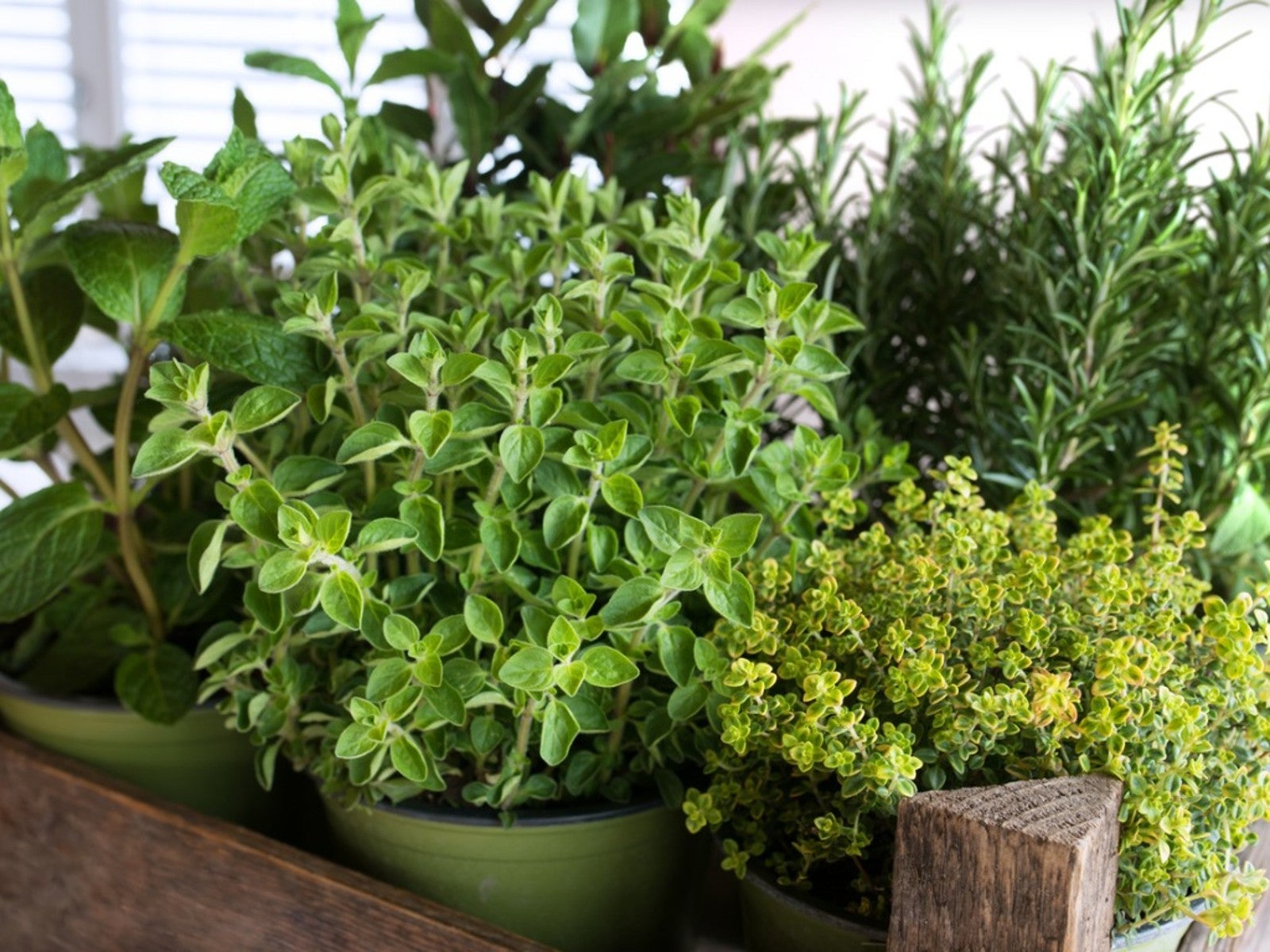 10 Easy Herbs For Beginners
10 Easy Herbs For BeginnersIf you’re new to herb growing, there are some perfect beginner herbs that are low maintenance and easy. Here are our top ten.
By Mary Ellen Ellis
-
 How To Make A Rain Gutter Herb Garden
How To Make A Rain Gutter Herb GardenOne really fun look outside the box is a hanging rain gutter herb garden. A gutter planter is a unique way to house and showcase plants.
By Bonnie L. Grant
-
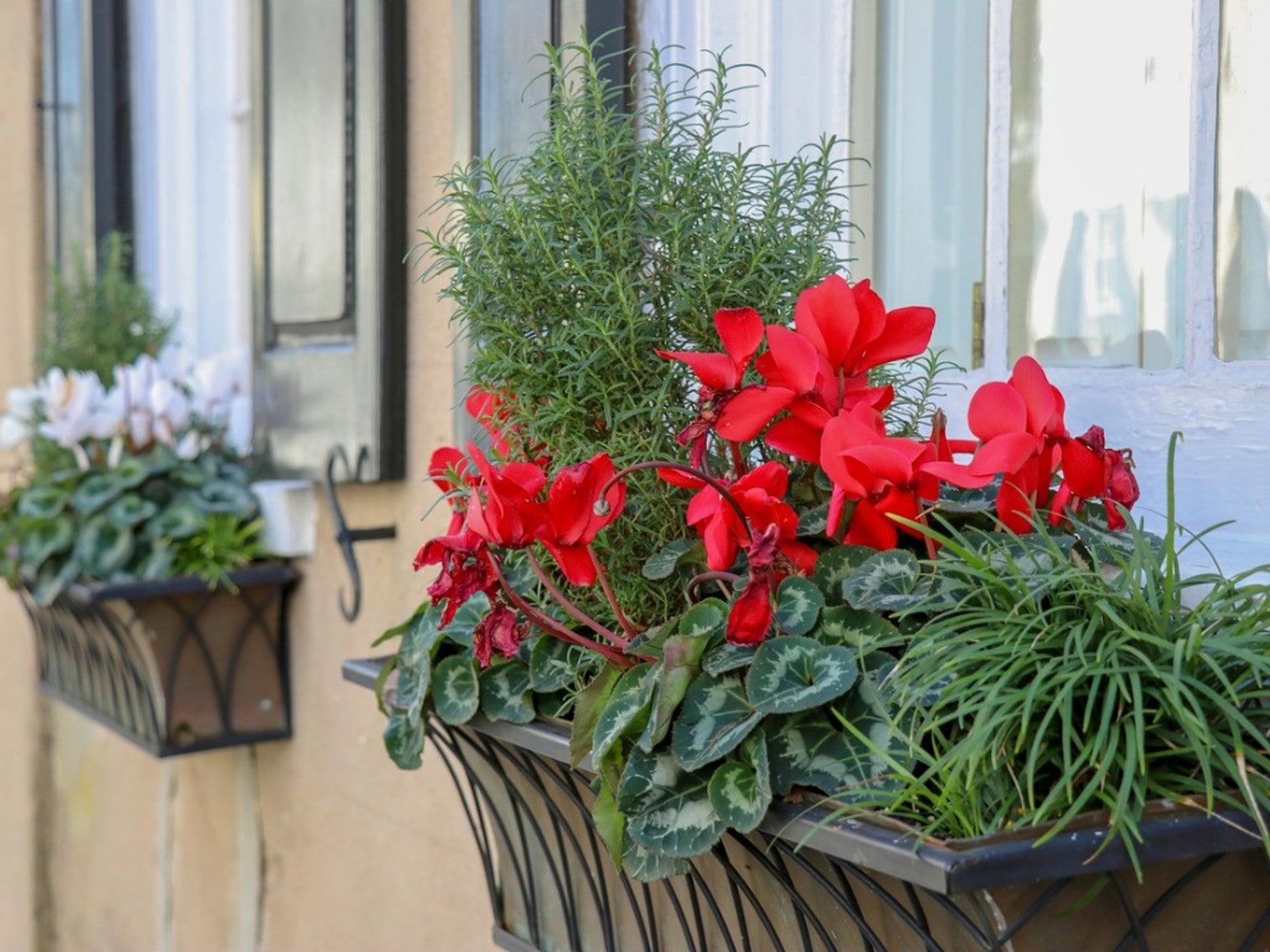 Grow A Beautiful, Edible Herb Window Box
Grow A Beautiful, Edible Herb Window BoxGrowing herbs in window boxes is a space-saving method for producing culinary ingredients for kitchen use. Click for more.
By Laura Miller
-
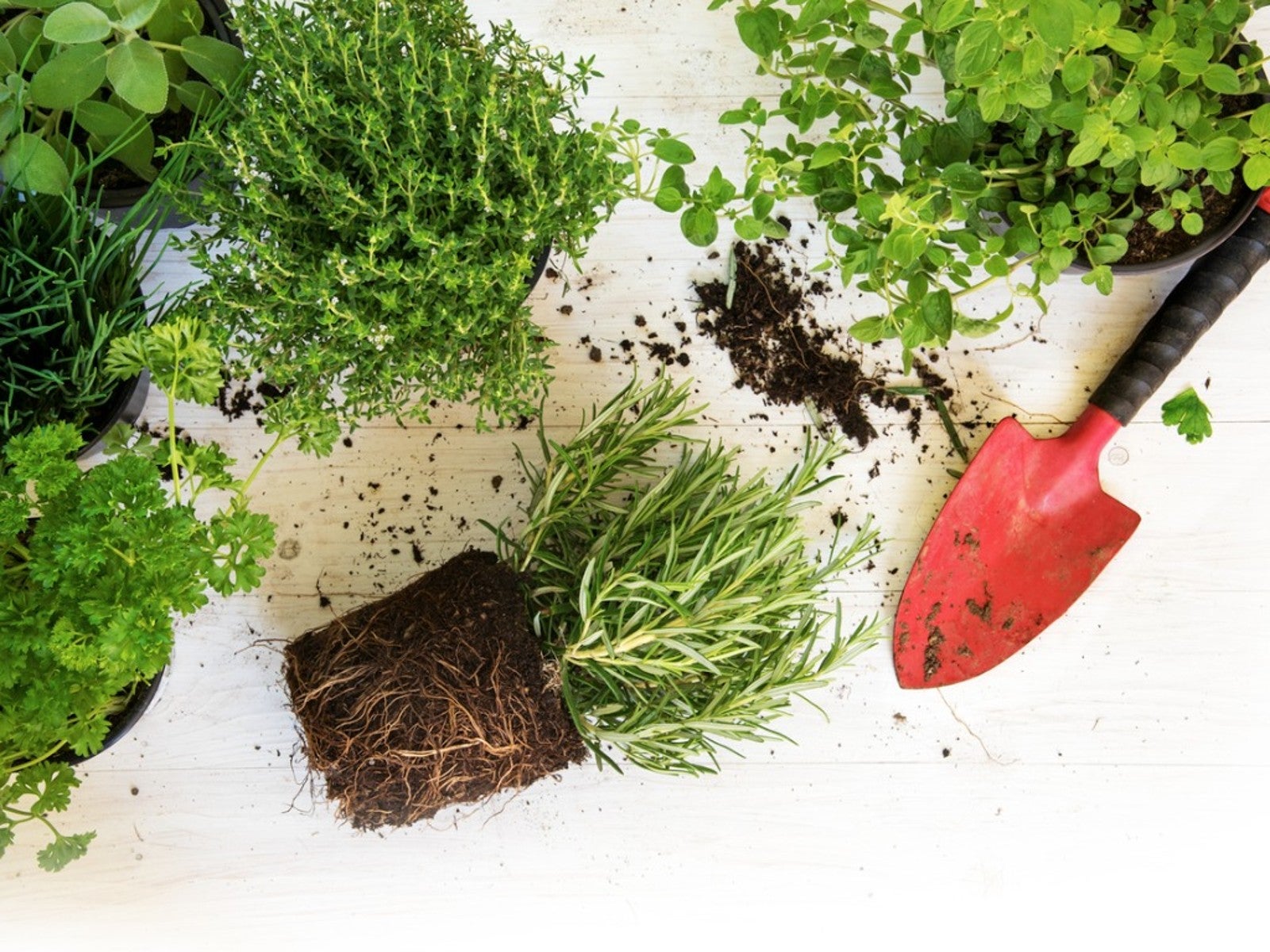 Best Herbs To Direct Sow Vs. Start Indoors
Best Herbs To Direct Sow Vs. Start IndoorsKnowing when to buy herb plants or start them from seeds or cuttings is essential to your success. Read on to learn more.
By Laura Miller
-
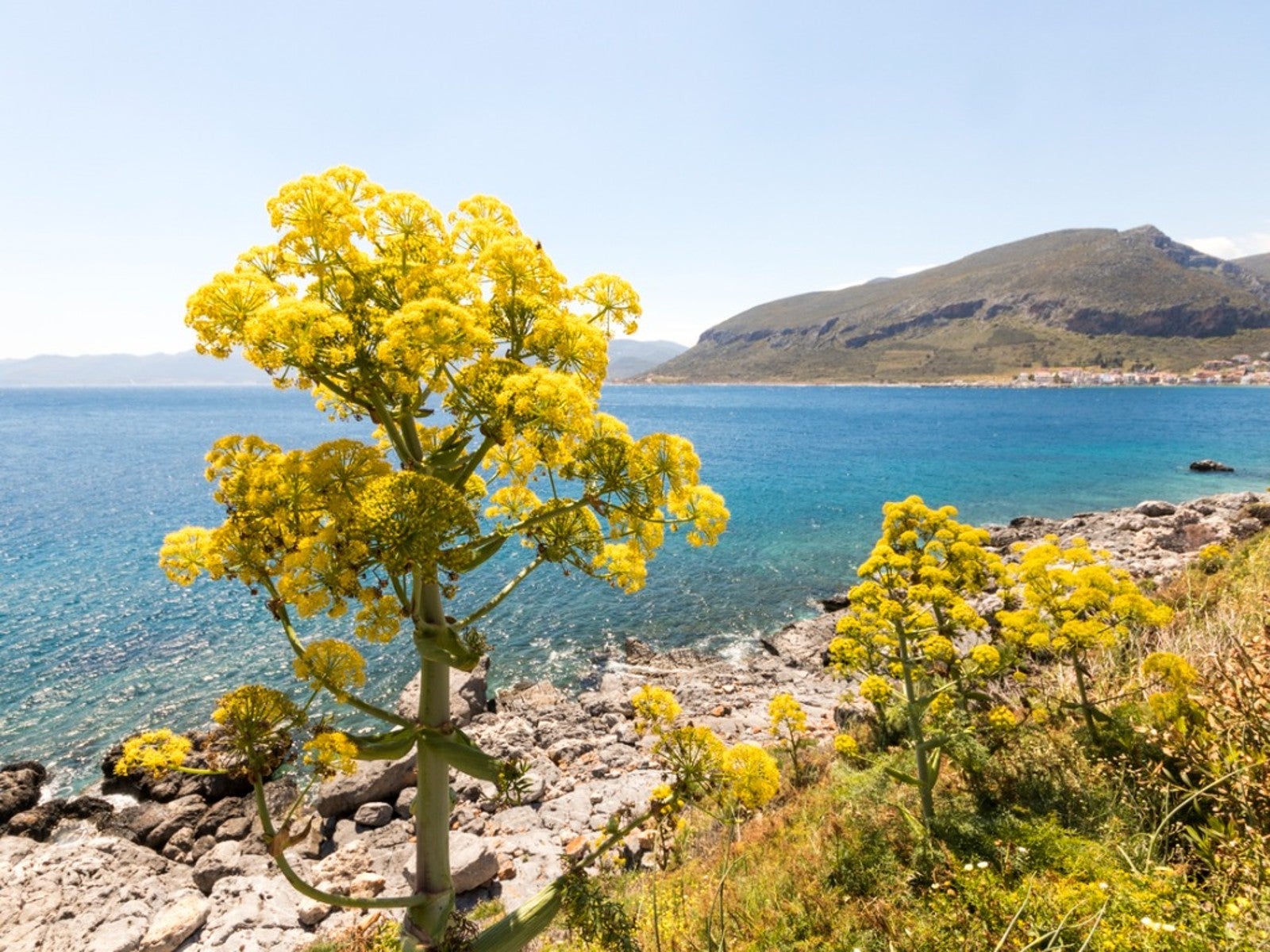 Learn About The Highly Prized Silphium Herb
Learn About The Highly Prized Silphium HerbWhat if there was a perfect plant? In ancient times such a treasure existed. It was the silphium plant.
By Laura Miller
-
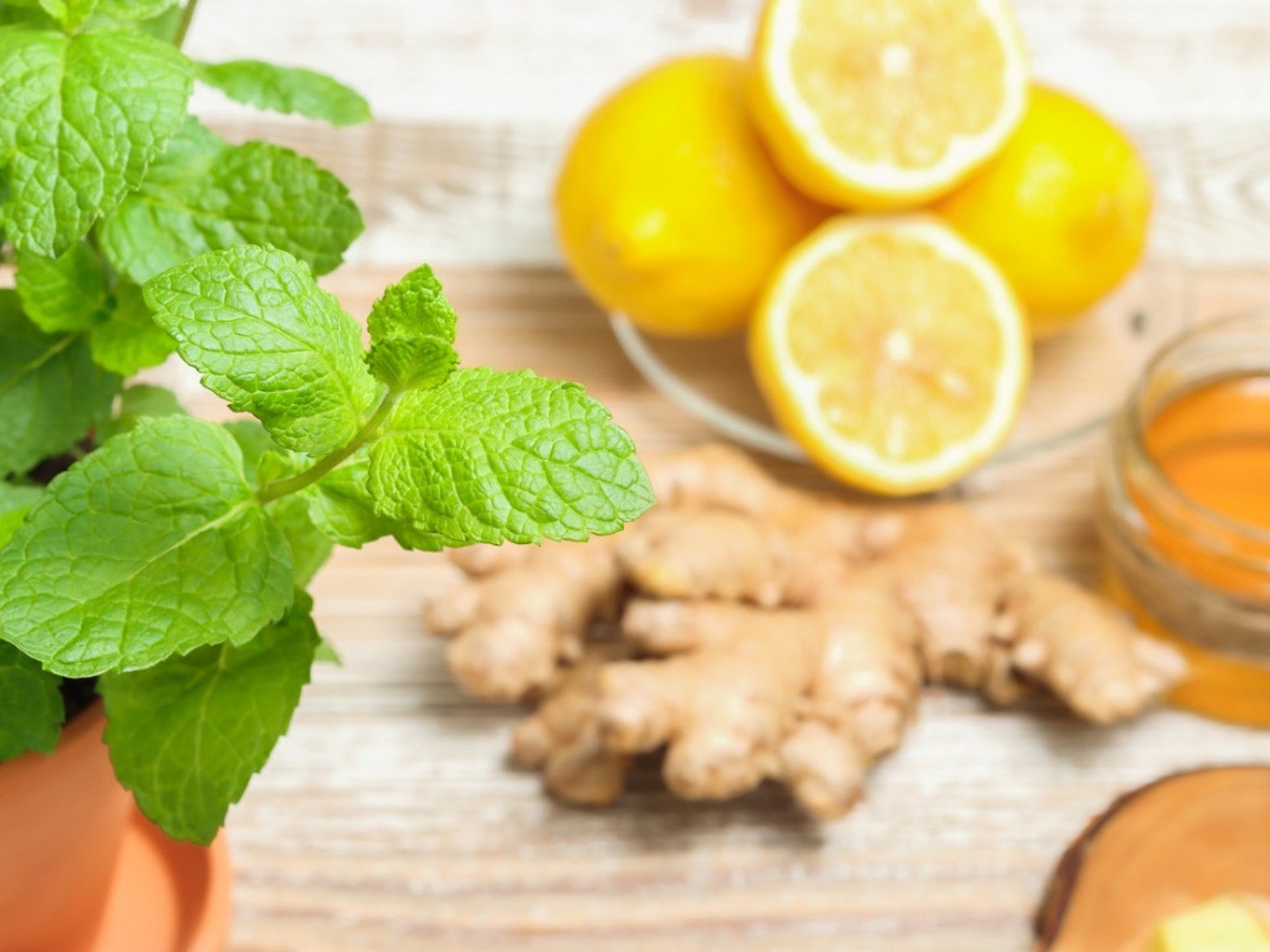 Grow Healing Herbs Indoors: Combat Winter Illness With A Medicinal Garden
Grow Healing Herbs Indoors: Combat Winter Illness With A Medicinal GardenIf you are growing medicinal plants at home, did you know you also can grow an indoor medicinal herb garden? Read on for more.
By Susan Albert
-
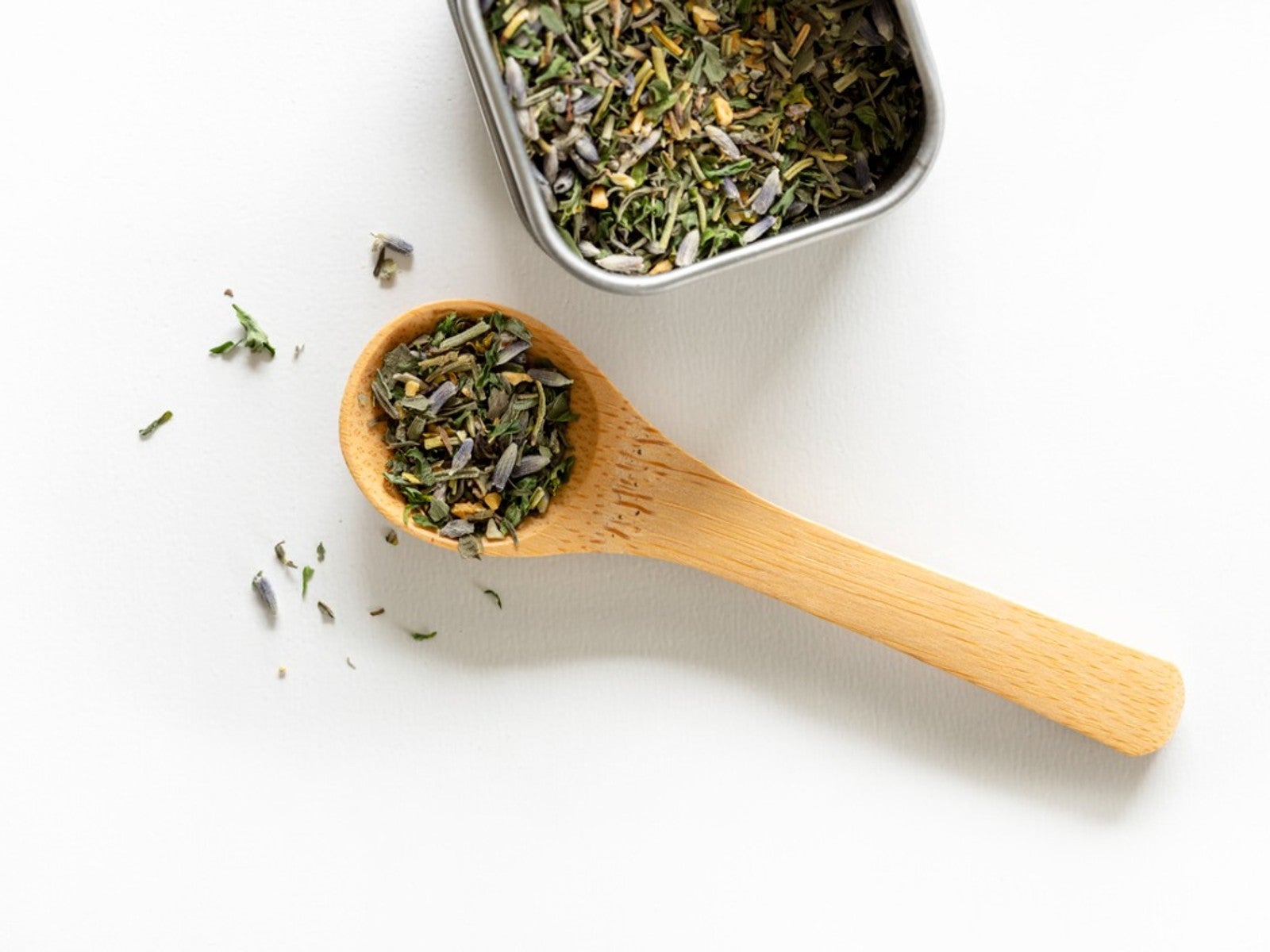 Grow Your Own Herbes De Provence - How To Grow, Dry, And Store Herbs
Grow Your Own Herbes De Provence - How To Grow, Dry, And Store HerbsHomemade gifts can add that special touch to any occasion, such as a jar of herbes de provence. Click here to learn how to grow and make your own for gifting.
By Laura Miller